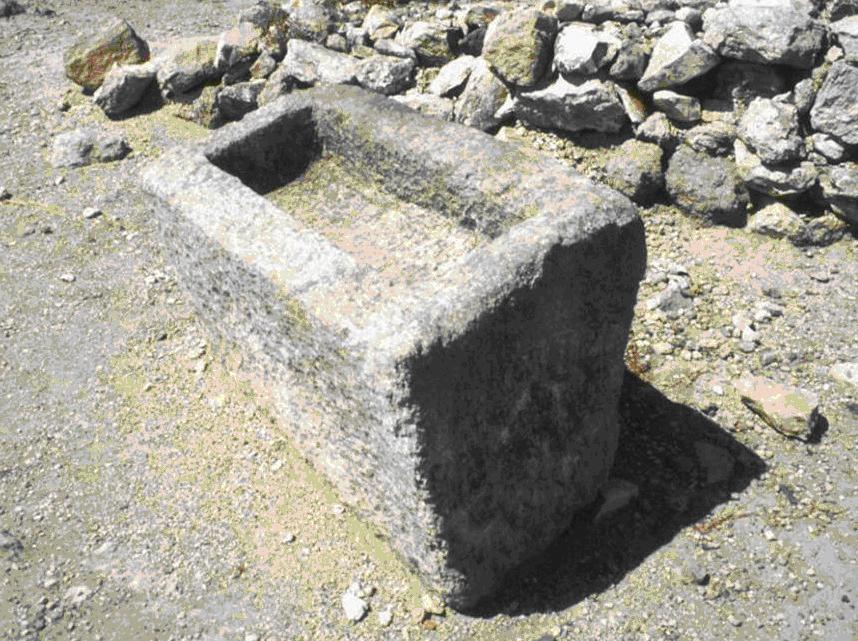Preaching has its perils.
By preaching, I mean expository preaching. When my job is to preach the message of the text, rather than preach my message with some texts, all sorts of casualties occur. My understanding of how things happened in the Bible, my notions of how God operates, my preferences for how Christians should live: such ideas are not bulletproof. Many have been shot down.
Take the birth of Jesus Christ. Luke 2:1-7 In those days a decree went out from Caesar Augustus that all the world should be registered. 2 This was the first registration when Quirinius was governor of Syria. 3 And all went to be registered, each to his own town. 4 And Joseph also went up from Galilee, from the town of Nazareth, to Judea, to the city of David, which is called Bethlehem, because he was of the house and lineage of David, 5 to be registered with Mary, his betrothed, who was with child. 6 And while they were there, the time came for her to give birth. 7 And she gave birth to her firstborn son and wrapped him in swaddling cloths and laid him in a manger, because there was no place for them in the inn.
There was no clean, warm, underpopulated, well-ventilated stable. There was no cave in the hillside. There was an overcrowded town, full of travelers economically oppressed by a foreign government, living in one of the most politically unstable regions in the whole Roman Empire. All that Luke, the historian, relays to Theophilus is that there was no room in the Inn. Hence, Luke means to say that Jesus, the Christ, was born outside. Feeding troughs were not exclusively found inside stables. This baby was born to a couple dealing with the excessive demands of government oppression. They were left outside, exposed to the dangers of all who sleep without shelter. Mary was pregnant. Joseph was not the father. These are the facts. These were the reasons why parents in those times would take their newborn children to some field and leave them there to die. This Child, however, was wrapped up in cloths, an expression of commitment and love. Jesus was the perfect candidate for exposure (abortion, infanticide). Yet, in God’s gift of His Son to us, we are reminded of our own peril. We’re full of sin and evil. The Lord saw that the wickedness of man was great in the earth, and that every intention of the thoughts of his heart was only evil continually (Genesis 6:5). Not even the worldwide flood changed us.The intention of man’s heart is evil from his youth (Genesis 8:21). In our sinful depravity, we’re the perfect candidates for elimination. God should just expose us to all the harshness of His created order without protection, without provision. We would all vanish like vapors. But He gives us His Son, to forgive, redeem, regenerate and renew us, to bring us back to Himself.
Let’s move on to the shepherds. How many times did the shepherds, wandering through the fields, pastoring their flocks, come across a dead infant? Jews were not supposed to commit this sin. Romans and other Gentiles had no such aversions. Indeed, if Herod’s command 2 years later is any indication, an infant’s life was not held in very high estimation. This night, rather than finding yet another exposed infant, abandoned in self-interest, the shepherds are invited to come see a Baby. This Baby had just been born. He was outside, yes, but not exposed. He’s wrapped in swaddling cloths and lying in a feeding trough. What a wonder! What grace! God sends His Son into the world in a way that identifies with the lowliest and most oppressed and most outcast of us all.
There is a warmth to the Christmas Story, to Advent. But the warmth I am left with is not so much the rosy glow of a familiar season, but the warmth of a protecting fire, beating back the powers of the cold and the perils of the dark. The Gospel of Jesus Christ burns brightly even at His birth. All the other trappings lose their luster the more I reread the Scriptures.
There are perils to preaching.

